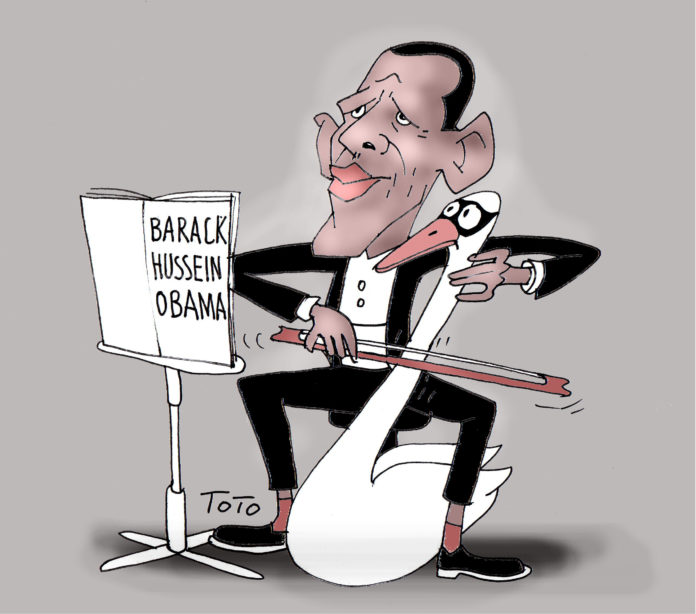By Edmond Y. Azadian
The long-simmering Israeli-Palestinian conflict once again grabbed the headlines because of the Obama Administration’s parting shots.
This conflict has been one of the most intractable struggles in the world since 1948, when the state of Israel was created. However, many similar conflicts which initially seemed equally intractable have been solved, such as apartheid in South Africa, the independence of East Timor, the creation of South Sudan, the bloody Catholic-Protestant sectarian conflict in Northern Ireland, and so on.
Yet the Palestinian question remains one of the topical issues of the world press and diplomacy, because the explosive ingredients of the problem will never neutralize each other. As much as the US wishes to play the role of an honest broker, there are compelling domestic issues which force each succeeding administration to arm and politically support Israel’s position, thus confining US policy to unproductive realms.
From the Armenian perspective, the issue is viewed in two different dimensions; one is moral and emotional, while the other one is rational. Armenians sympathize with the Jews in Israel who are survivors of the Holocaust. But the similarities do not stop there; they go back deep into history with Babylonian and Egyptian captivities and Roman occupation (Masada syndrome), all the way to Russian pogroms and expulsion from Spain in the 15th century.
Similarly, Armenians empathize with the Palestinians who have witnessed massacres, expulsion from their own lands and enduring harsh colonial rule to this day. Armenians have been expelled from Jerusalem and their lands have been expropriated like the Palestinians.








